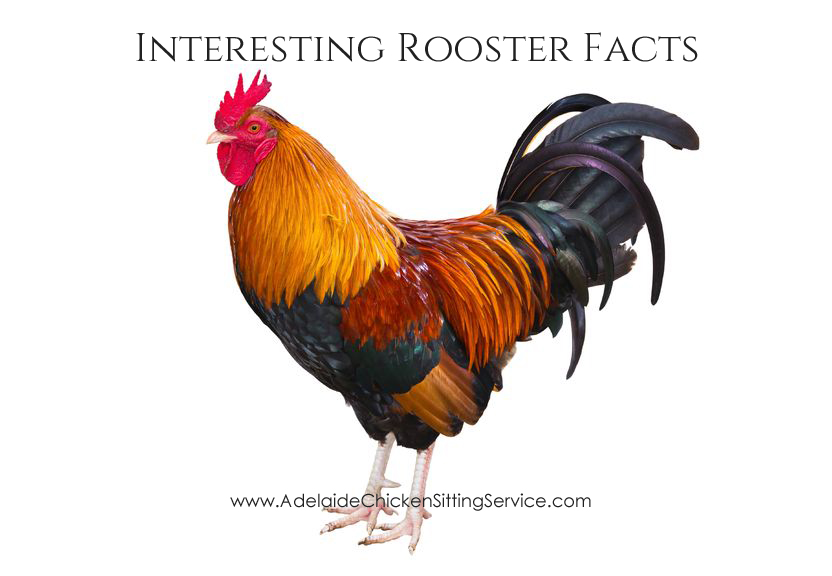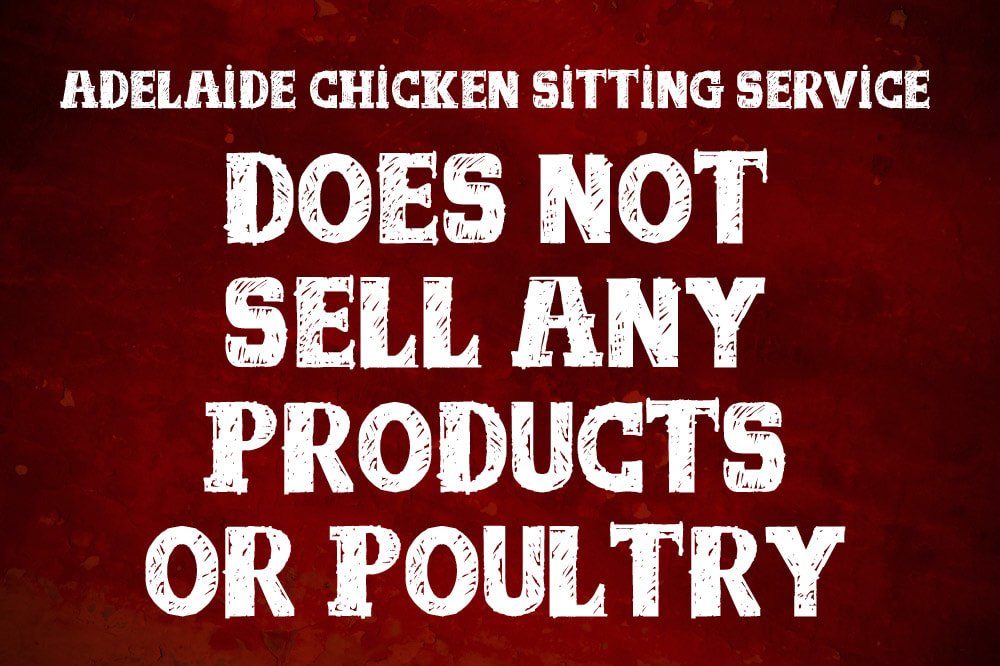#1 Roosters are noisy and incredibly gorgeous!
#2 Most suburban and town councils do not allow roosters in backyards due to noise.
#3 Roosters will grow spurs on their legs which they use to attack predators and people. They attack!
#4 Male chicks can start to crow from 3 to 5 weeks in some breed (although is sounds more like a choking sound).
#5 Boys grow slower than girls as chicks until Day 10, when they catch up.
#6 Their wattle and comb grow bigger and redder than the female chicks, as do the length of their legs in some breeds.
#7 Roosters are technically known as cockerels up to the age of 12 months.
#8 Their neck feathers (hackle/cape), back feathers (saddle) and tail length help identify them as a rooster.
#9 Leg spurs can start to appear as early as 3 months. Other breeds start their development around the 6th or 9th month.
#10 Dispatch your boys between 4 to 6 months for eating. After 6 months their meat becomes very stringy.
#11 Rooster or Cock Collars help to reduce the noise level of their crowing but does not prevent them from attempting to crow.
#12 Some roosters will crow at ridiculous hours of the night.
#13 Roosters tend to strut when they walk - they even do a dance of love for the hens to impress them.
#14 Roosters love to look after their hens. They act as a flock protector (but one has to wonder why they give away their location to Mr Fox with all their early morning crowing!)
#15 Roosters have to crow. Sometimes they can get into a silly mood until they are stopped.
#16 Every breed has a slightly different sound to their crow.
#17 Roosters are only necessary for eggs to be fertilised. They are NOT necessary to make the hens lay eggs.
#18 Expect all of your eggs that you eat to be fertile. They will not develop into chicks unless given the correct heat and humidity. Placing eggs in the fridge will prevent that from development from continuing.
#19 Roosters are not immediately fertile. But they will do lots of practice with the hens from around 5 months of age.
#20 Roosters are considered fertile between 40-50 weeks to 1 year of age, depending on the breed. This can happen earlier.
#21 Roosters have a limited fertile life. By 3 years of age their fertility may drop.
#22 Fertility of the eggs can also drop dramatically if the rooster is going through a heavy moult. Increase his protein intake during this time. If he loses more than 1/3 of his body weight this can also affect his fertility rate.
#23 Roosters are very difficult to rehome. Best give away or eat them. The rarer breeds and show stock command a better price.
#24 The RSPCA and other Animal Rescue Farms rarely if ever, take any roosters as they aim to rehome them, which can be tricky due to point #2.
#25 To identify a boy around 2-3 months of age, check out their tail. If it is slightly ragged and uneven, you have a boy. Only the girls have a neat uniform feathering through their tail feathers.




 RSS Feed
RSS Feed